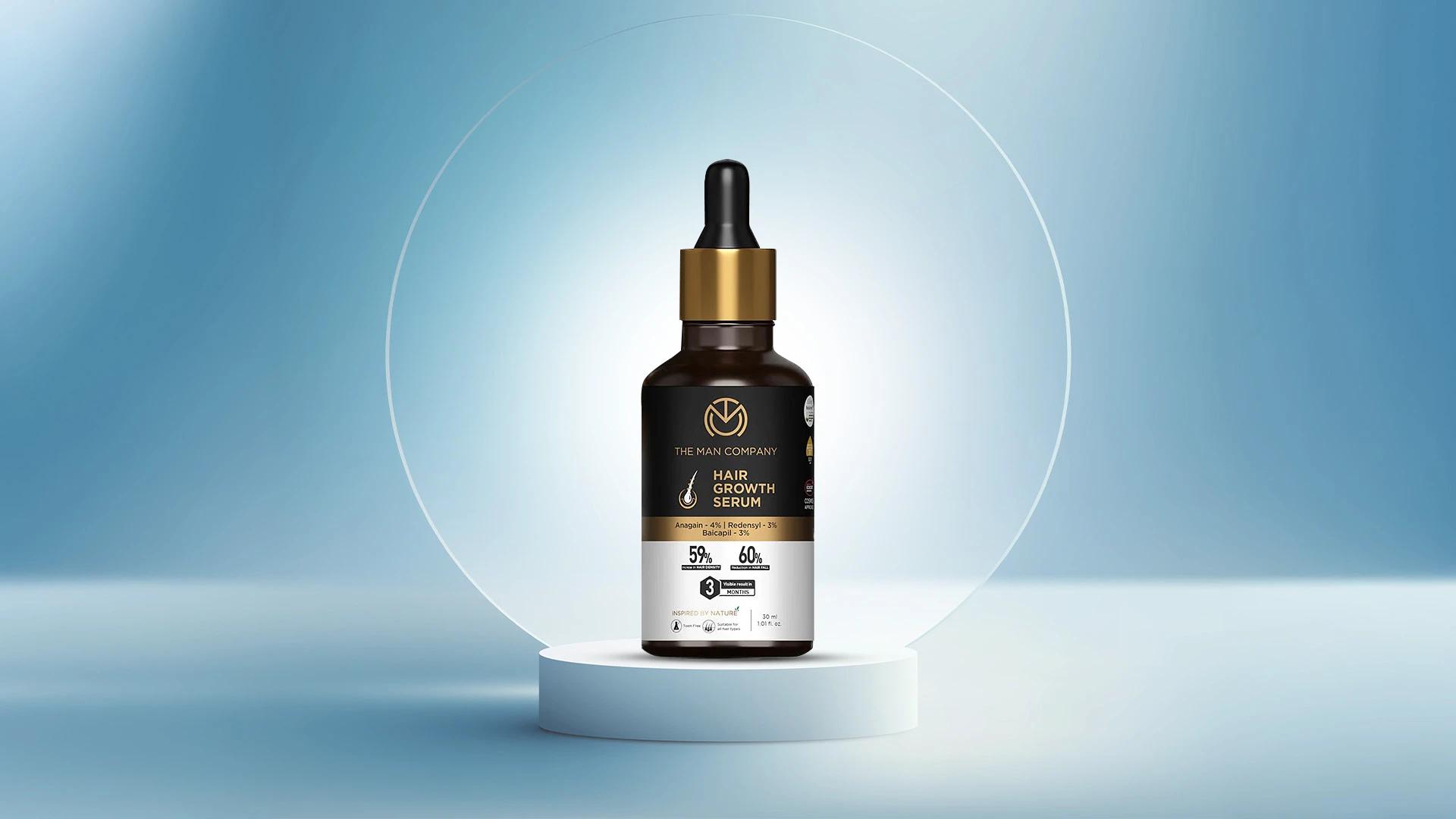Let's be real—your hair is having a moment, and not necessarily the good kind. Between work stress, dodgy eating habits, and the general chaos of adulting, your locks might be crying out for some proper TLC. Enter hair supplements, the wellness world's answer to giving your strands the nutrients they're craving from the inside out. But here's the thing: picking the right hair supplement isn't just about grabbing the first bottle with a fancy label. There's a whole science to it, and trust us, your hair will thank you for doing the homework. Ready to discover what might just become your hair's new best mate?
Understanding Hair Supplements and Their Benefits
Think of hair supplements as your hair's personal nutrition team working behind the scenes. These little powerhouses are packed with vitamins, minerals, and other nutrients that your hair follicles absolutely love. The basic idea? Feed your hair from within, and it'll reward you with stronger, healthier strands. Hair supplements work by filling the nutritional gaps in your diet that might be affecting your hair's growth cycle. When your body gets the right nutrients, it can focus on creating healthy hair cells, which translates to better hair texture, reduced breakage, and sometimes even faster growth.Common Ingredients in Hair Supplements
**Biotin for hair** is probably the most famous player in this game. This B-vitamin helps your body process proteins that are essential for hair structure. Then there's the squad of **vitamins for hair health** like vitamin C for collagen production, vitamin D for follicle health, and vitamin E as an antioxidant protector. **Keratin supplements** provide the building blocks for hair protein, while **collagen for hair** supports the scalp's structure and can improve hair thickness. These ingredients work together to create an environment where your hair can truly thrive.Assessing Your Hair Health Needs
Before you dive headfirst into the supplement aisle, take a moment to really understand what your hair is telling you. Every person's hair journey is different, and what works for your mate might not be your cup of tea. Your hair health depends on loads of factors—genetics play a huge role, but so does your diet, stress levels, hormonal changes, and even how you style your hair. The key is identifying your specific concerns so you can target them properly. Are you dealing with thinning, breakage, slow growth, or maybe all of the above? Getting clear on this will help you choose supplements that actually address your needs rather than just following the latest trend.Signs You Might Need Hair Supplements
Your hair has its own way of waving red flags when something's not quite right. **Thinning hair** that's more noticeable in your partings or around your hairline could signal nutrient deficiencies. **Brittle or dry hair** that snaps easily when you brush it might be crying out for better hair nutrition. **Slow hair growth** where your hair seems stuck at the same length for months could also benefit from targeted supplementation. These signs often appear gradually, so paying attention to changes over time is crucial.Step 1: Consult with a Healthcare Professional
Real talk—before you start any supplement routine, chatting with a healthcare professional is absolutely worth it. They can spot underlying health issues that might be affecting your hair that you'd never think of on your own. Things like thyroid problems, hormonal imbalances, or nutrient deficiencies can all masquerade as simple hair issues. A proper consultation can save you time, money, and potential frustration from trying supplements that won't address the root cause of your hair concerns.Key Questions to Ask Your Doctor


 90 N
90 N 30 ml
30 ml 60 ml
60 ml 125 gm
125 gm